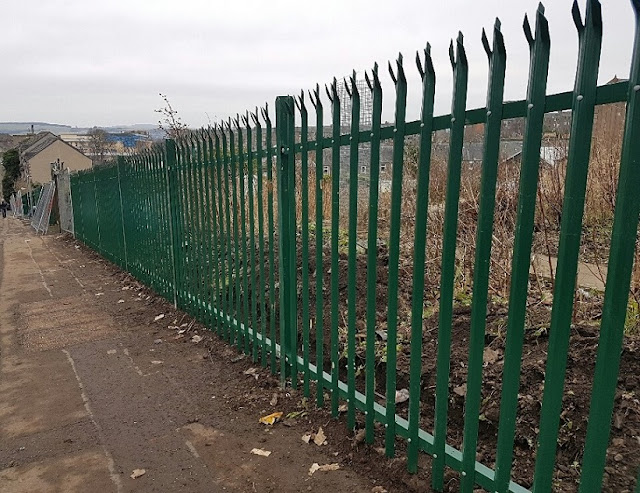Press release: Time to Talk Day 2017: Prime Minister’s message
Prime Minister Theresa May spoke about Time to Talk Day and how conversations can improve people’s mental health and help to change lives.
Prime Minister’s Time to Talk message
Prime Minister Theresa May said:
Time to Talk is an important day in our national calendar – a day when we put the issue of mental health at the forefront of our minds.
These problems affect millions of people – an estimated 1 in 4 of us has a common mental disorder at any one time.
Last month I set out the first steps in our plan to transform the way we deal with mental health problems at every stage of a person’s life.
I said that the inadequate treatment of these problems was a burning injustice – and that we needed to deal with them not just in our hospitals, but in our classrooms, at work and in our communities.
From crisis cafés to online therapy, there is much we can do to remove the stigma that stops so many people seeking help.
Getting people talking to one another is central to that. Because, as the theme of this year’s Time to Talk Day puts it, ‘conversations change lives’.
It is this personal contact – a chat over a cup of tea; a heart-to-heart over the phone; a text message to check someone’s OK – that can help free people from the prison of their own thoughts and help them to see a brighter future.
So many people – especially charities and campaigns, like Time to Change and Heads Together – are helping to get people talking and get these issues out in the open. But we can all do more.
Together, by giving our time and reaching out, we can end the suffering that blights so many lives.
